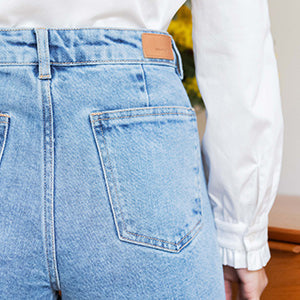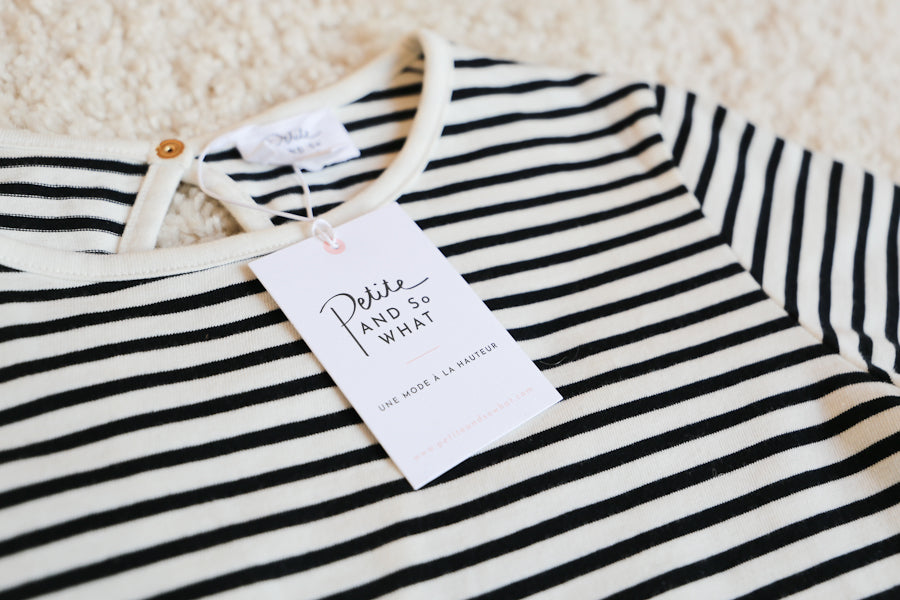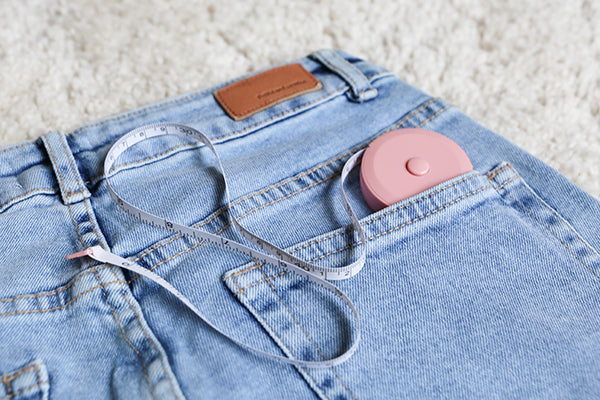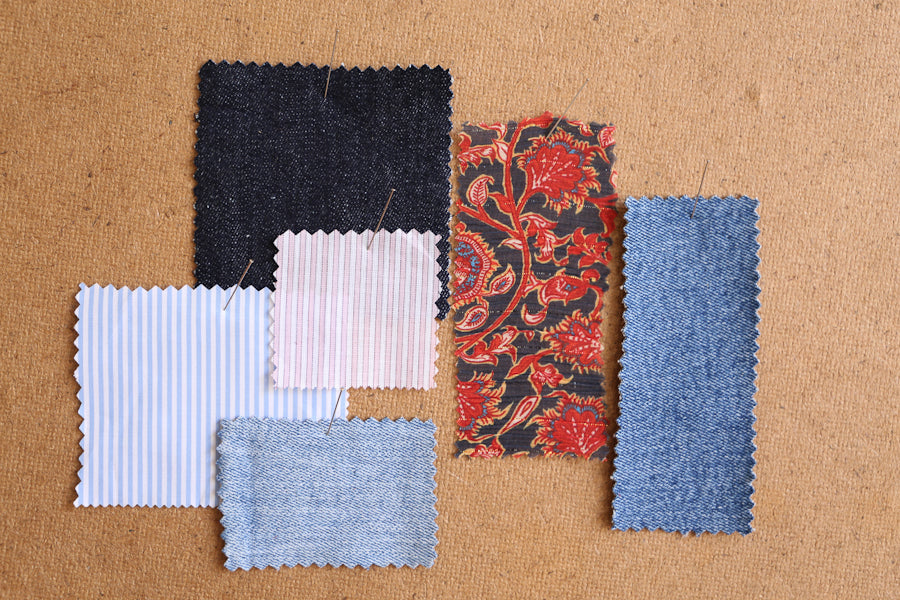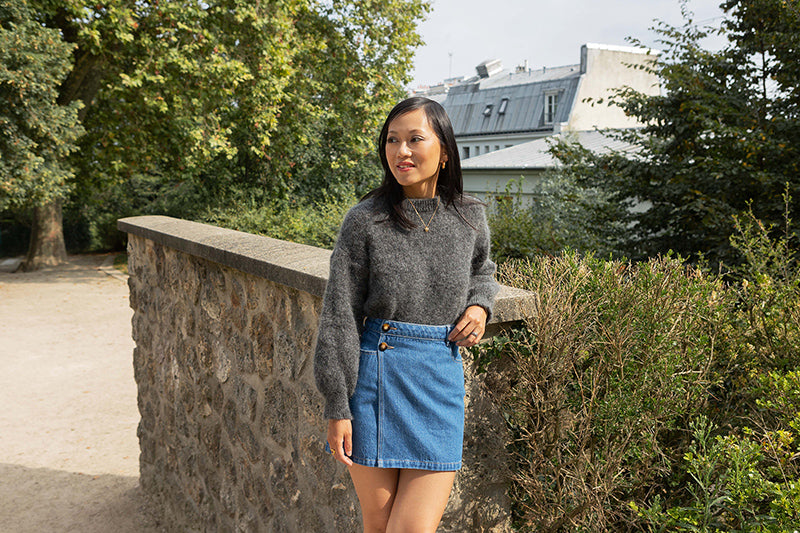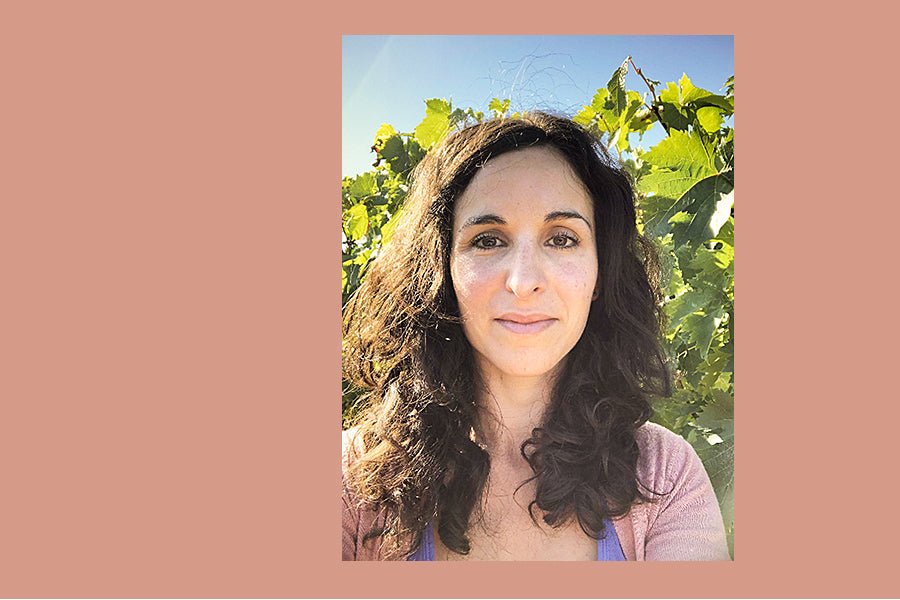Organic is the only possible sustainable future for the wine world of tomorrow. We can't produce great wines with chemistry! Wine is a living product that needs to be accompanied with gentleness and care.
Can you start by telling us about your background?
I have a scientific baccalaureate. I did a scientific preparatory course in Versailles at the Lycée Privé Saint Geneviève (alias "Ginette" for my friends! ), then I entered the ESTP. It's an engineering school specializing in public works in Paris. I graduated in 2012, and got married the same year. My husband's first job was based in Toulouse, so we moved together. I got my first job as a business engineer, then a second. After two and a half years, I'd learned a lot. But something was missing and I was getting bored of the world... That's when I decided to retrain.
Petite, I first wanted to be a writer, then a journalist, and then as a teenager I wanted to become an astrophysicist... In fact, eclecticism is what characterizes me, as I've always been very interested in a wide variety of subjects, without too often being able to make a definitive choice (just like a restaurant menu...!). So I followed my father's advice, who always told me that even if I liked literature, it was better to go into science, because afterwards you could always go into literature, but the opposite was impossible. Up until the "classe prépa", I always loved school and enjoyed being the "1st in class". But when I got to preparatory school, I found myself surrounded by people who were much brighter than I was. Although it was a very difficult time for me, it was an incredible human experience that completely changed many facets of my personality.
So you decided to go into the wine business. Why this field? How did your passion for oenology come about?
What does the training for the Diplôme National d'œnologue involve?
Could you introduce us to the Domaine Saint-Louis? What wines do you produce?
In 2005, Château Saint Louis was the1st Fronton AOC estate to convert to organic farming. I'm convinced of the relevance of this commitment. Organic is the only possible sustainable future for the wine world of tomorrow. We can't produce great wines with chemistry! Wine is a living product that needs to be gently and carefully nurtured from the vineyard onwards, and nurtured throughout its ageing process, respecting its intrinsic harmony so that it can ultimately reveal itself brilliantly when tasted.
We produce white, rosé and red wines under the Fronton AOC as well as the Comté Tolosan PGI (Protected Geographical Indication). I won't go into too many technical details, but in the Fronton appellation, we must use at least 50% of the Negrette grape variety in our blends.
The price range is quite wide (from 6€/bottle to 38€/bottle for our top-of-the-range cuvée). It's essential for us to be able to satisfy both the recurrent local consumer who wants to treat himself every day with a wine at a very good value for money, and also satisfy the need of someone who wants to make a gift with a great wine for ageing.
After graduating, you became co-manager of the estate with your father. I imagine you have a lot of responsibilities as co-manager, but what are your main tasks?
As long as my father was around (until August 2018, when he sadly passed away), I concentrated mainly on the wine-making side and developing new customers.
With each passing vintage, I have to learn to know my terroir better and tame it more and more, in order to sublimate its fruits. Seeking to make the best wines is an inexhaustible source of work, questioning and problems that I find intellectually most interesting. It demands a great deal of commitment from the mind, but also from the heart, because a winemaker always puts a little of himself into his wine, and a great wine can only be born of the love of the person who makes it. It's this very soul that I'd like to share with you in the conviviality of a shared glass.
The part concerning pure oenology is my favorite technical mission, but I must admit that it's not the one that takes up the most of my time.
In addition to my essential role in making the estate's wines, my main tasks (and the ones that take up the most of my time!) are similar to those of any business manager: planning the various tasks of the employees, managing customer relations, monitoring incoming and outgoing orders to know when we need to make new cuvées again and in what quantities, etc. I'm also in charge of the wine-making process.
The wine world is a difficult and masculine environment. Whether you're a man or a woman, it's hard to be legitimate. And as a woman, it's even harder! Do you have any anecdotes to share with us?
What's your reaction to these remarks?
A witty, ironic retort is always the best response. My problem is that I often find the best retort after the unfortunate event! By dint of experience, I hope I'll end up with the right remark every time to leave my interlocutor stunned.
What are your strengths as a woman in this business?
I know you're currently working on another big project! Would you be willing to tell us more about it?
You're a mother of three, and you do so much between running the estate and your distillery project. What are your secrets to managing it all?
I don't have any big secrets except a lot of organization and energy! I'm no Superwoman either, and of course it would be a lie to say that I always manage everything perfectly. There are times, for example, at harvest time when I have to devote more time to vinification, or during school vacations when I have to free up more time for the girls. It's a constant juggling act between several jobs, and you can quickly find yourself intellectually and psychologically overwhelmed. I really force myself to have moments of "letting go" where I go and do sport or an artistic activity to clear my head, do something for myself, and so preserve my balance.
Finally, a few questions to get to know you better.
What's your favorite thing to do when you're not working?
Cooking. I love to spend time (nights sometimes... ) preparing delicious meals for my family.
Your last read?
Elisabeth Revoil's "Vivre" tells the story of a tragedy involving two mountaineers and the exploits of an extraordinarily resourceful woman.
The outfit you feel most comfortable in?
Slim jeans and tee shirt!
Your favorite Petite and So What piece?
Rosa floral shirt.
The three things that never leave your handbag?

